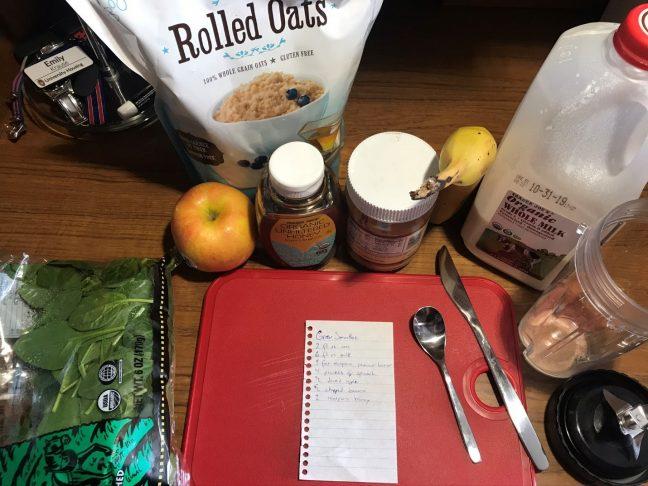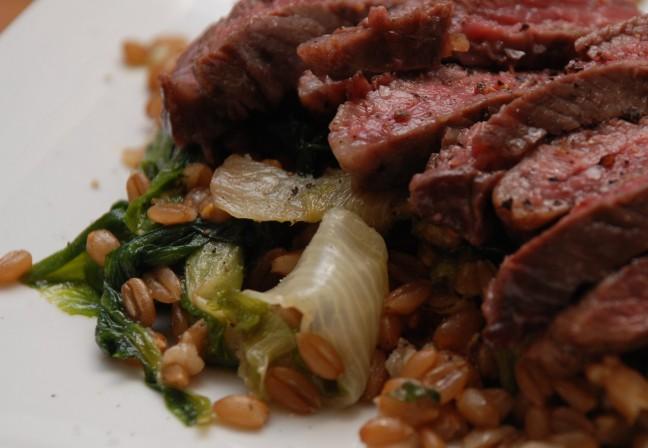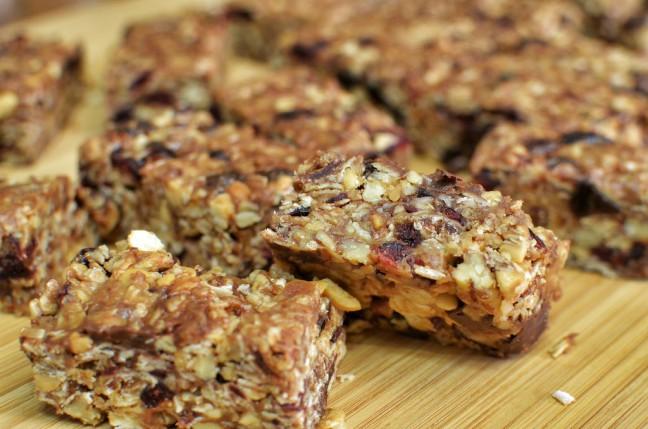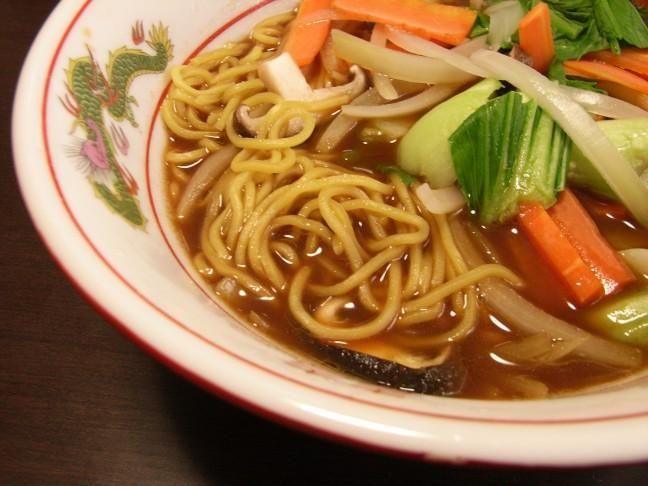Have you ever seen a daytime talk show toting a new fad diet? I recently watched a television special pushing a diet consisting of nothing but fruit juice for two weeks in order to “cleanse” the body to better health.
As tempting as it may be to follow one of these extremist diets to feel good, being healthy is much more than just limiting your foods for a short period of time. There are plenty of sustainable ways to do good things for your body and health that actually fit into your lifestyle. Let’s go over a few things to consider when determining whether or not a diet is healthy or just a fad.
First, when tempted to try a fad diet, consider whether or not the change(s) needed to follow the diet can be maintained or not. If drinking only juice throughout the day doesn’t sound like it would be enough to get through two weeks of classes, work and exams, it probably won’t. A fad diet may provide quick weight loss or achieve a sense of rejuvenation, but these changes will only last as long as the diet. Healthy changes should ideally have the potential to last a lifetime.
Next, determine if the diet provides all the essential nutrients you need. Any healthy diet should always offer a variety of foods, including fruit, vegetables and lean sources of protein. It doesn’t matter whether these proteins are animal or plant-based because your body can use both types to maintain healthy muscles and bones.
The best way to know if a diet is nutritionally sound is to do some research. Trustworthy health websites like the Academy of Nutrition and Dietetics (AND) and WebMD offer critiques on the latest diet trends from qualified health professionals. If a diet is fundamentally too low in calories or deficient in certain nutrients, these resources should be able to guide you. Otherwise, feel free to contact a registered dietitian. University Health Services offers nutrition consultations to students.
Portion sizes and the timing of meals are also important points to consider. Any diet that says you can overeat any type of food isn’t a healthy choice. Also, diet plans that dictate you eat at times not fitting into your every day life are not a good option. Sooner or later, real life will take precedence over the diet, so you should try to choose one that more or less fits into your current schedule.
Lastly, just use common sense. If the latest fad diet says eating nothing but chocolate is healthy, it is a hoax just like it sounds. Be skeptical of outrageous claims and think critically before trying any diet. What you put into your body is what you’re going to get out of it!
Here is a short breakdown of some popular diets and eating trends, along with their benefits and shortcomings:
Paleolithic diet: The so-called “caveman” diet dictates the dieter eats like a hunter-gatherer, consuming only foods that could be picked or hunted. The diet is free from sugar, dairy, grains, legumes, salt and processed oils. Overall, the diet offers a wide variety of nutritious foods, but the restrictions can be very hard to fit into a modern lifestyle. Some critics also highlight that we are not hunter-gatherers any longer and don’t need to eat like them in the modern age.
Vegan diet: Veganism is a diet free of all animal products, including all meat, fish, eggs and dairy products. The diet can be very healthy as it is extremely high in fruits, vegetables and whole grains and offers protein sources from nuts, soy products and legumes. However, the diet is naturally deficient in vitamin B12, which is found only in animal sources. This is an essential vitamin that must be supplemented in the vegan diet. Today, many vegan products already come fortified in B12. If you choose to follow this diet, make sure to talk to a registered dietitian or a doctor about getting an adequate amount of B12.
Low-carb diet: Low carbohydrate diets, such as Atkins diets, necessitate that dieters significantly reduce sources of carbohydrates (fruits, grains, starchy vegetables, etc.). Some varieties limit sugar intake as well. Carbohydrates are replaced by protein, usually from animal sources. Critics highlight that high consumption of animal products is linked to several chronic diseases, such as heart disease and colon cancer. On the other hand, studies have shown a diet high in fruits and vegetables is preventative against several types of chronic disease. Low carb diets are low in fiber and essential minerals like calcium, magnesium and potassium.
Gluten-free diet: A gluten-free diet restricts a certain type of protein found in wheat, barley and rye. It was developed out of necessity for those individuals suffering from a wheat allergy or celiac disease. The diet only restricts products derived from wheat barley and rye such as bread, pasta or beer. However, critics point out a gluten-free diet is not necessary for anyone who does not suffer from wheat allergy or celiac disease. Cutting out these grain products doesn’t make a diet any “healthier” if they are not replaced with other healthy foods like fruits, vegetables and lean protein sources.
This week’s recipe is a healthy salsa that can fit into all the specialty diets listed above. Suggested pairings for each diet are also listed at the bottom.
Avocado Salsa
Yield: 6 servings
Ingredients:
-2 avocados, peeled and diced
-1 onion, diced
-1 green pepper, diced
-1 large tomato, diced
-1/4 cup fresh cilantro
-1/2 lime, juiced
-(optional) salt and pepper to taste
Preparation:
Combine first six ingredients in a bowl. Squeeze lime juice over everything and gently toss to coat. Add salt and pepper if desired.
1) Paleolithic pairing: Serve over wild-caught salmon filet or with fresh cut veggies.
2) Vegan pairing: Serve with cooked black beans inside a tortilla or atop a baked potato.
3) Low-carb pairing: Serve over grilled chicken or stir into scrambled eggs.
4) Gluten-free pairing: Serve with corn chips or serve a top a bed of rice.



















